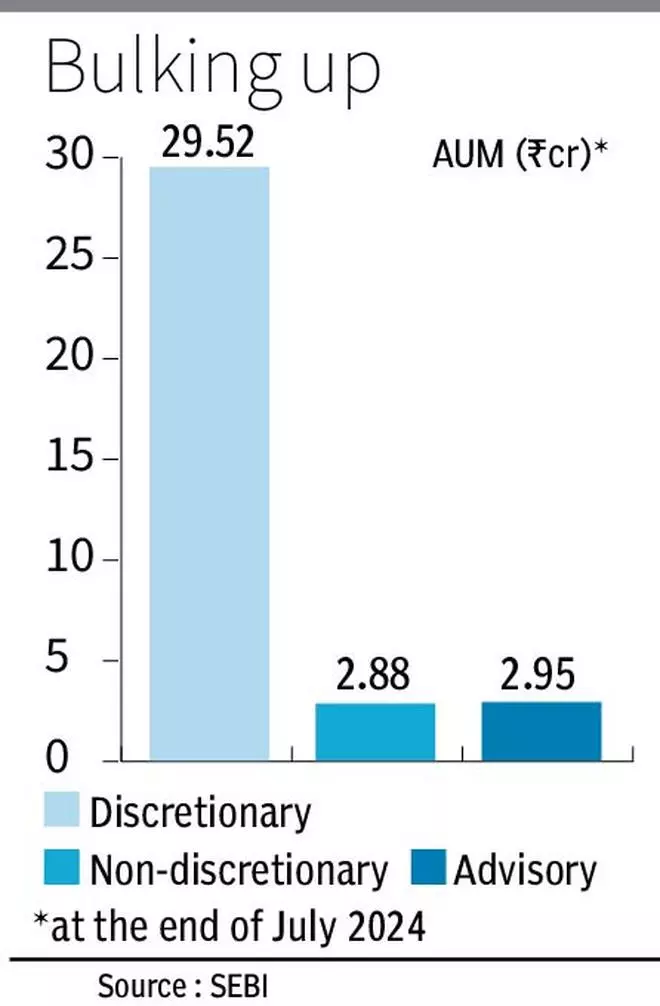The Association of Portfolio Managers in India (APMI) has asked the market regulator to consider allowing PMS players to become investment managers to its “new asset class” that is currently in the works.
The request was a part of the feedback sent on the consultation paper to the regulator last month, said two people in the know. This assumes significance as the paper had singled out mutual funds (MFs) to become managers of the new asset class, whose minimum ticket size is expected to be ₹10 lakh, one-fifth that of PMS schemes and one-tenth of alternative investment products.

Reduction in ticket size from the current ₹50 lakh has been a topic of discussion within the PMS industry for many months now. Allowing PMS players to manage the new asset class may especially benefit the boutique players who may be struggling to get money in excess of ₹50 lakh per client.
An email sent to APMI did not immediately get a response. “At first glance, there is no real reason why the PMS industry cannot become managers to the new asset class,” said Vicky Mehta, an investment analyst.
An edge for MFs
MFs and PMS players may be almost at par when it comes to talent and skill-sets of their fund managers, said market watchers. That said, the MF industry manages a much larger pool of money, which is prone to greater churn in terms of daily inflows and outflows. “This gives MFs an edge over PMS players. The regulator may also have other criteria in mind such as net worth, which may make MFs the more suitable candidates to manage this pool at this juncture,” said Mehta.
PMS schemes manage over ₹9 lakh crore in assets under management (excluding EPFO assets) compared with equity assets of over ₹30 lakh crore managed by MFs.
PMS players manage several niche, tailored products. Quite a few PMS houses also offer advice to smaller ticket investors under advisory using tech platforms. “PMS players enjoy a lot of discretion in managing money and, unlike MFs, do not have straight-jacketed rules with regard to scheme mandate, market cap categorisation and fees. The regulator should take this into consideration before letting the industry manage the new asset class,” said Siddhartha Rastogi, COO, Ambit Investment Advisors.
The rationale for the ₹10 lakh threshold is to deter retail investors from investing in the product, while attracting investors with investible funds of ₹10-50 lakh, who are being drawn to unregistered portfolio management service providers, the regulator had said in a consultation paper in July.
Schemes under the new asset class can offer long-short strategies and inverse ETFs that generate returns negatively correlated to the underlying index.




Comments
Comments have to be in English, and in full sentences. They cannot be abusive or personal. Please abide by our community guidelines for posting your comments.
We have migrated to a new commenting platform. If you are already a registered user of TheHindu Businessline and logged in, you may continue to engage with our articles. If you do not have an account please register and login to post comments. Users can access their older comments by logging into their accounts on Vuukle.